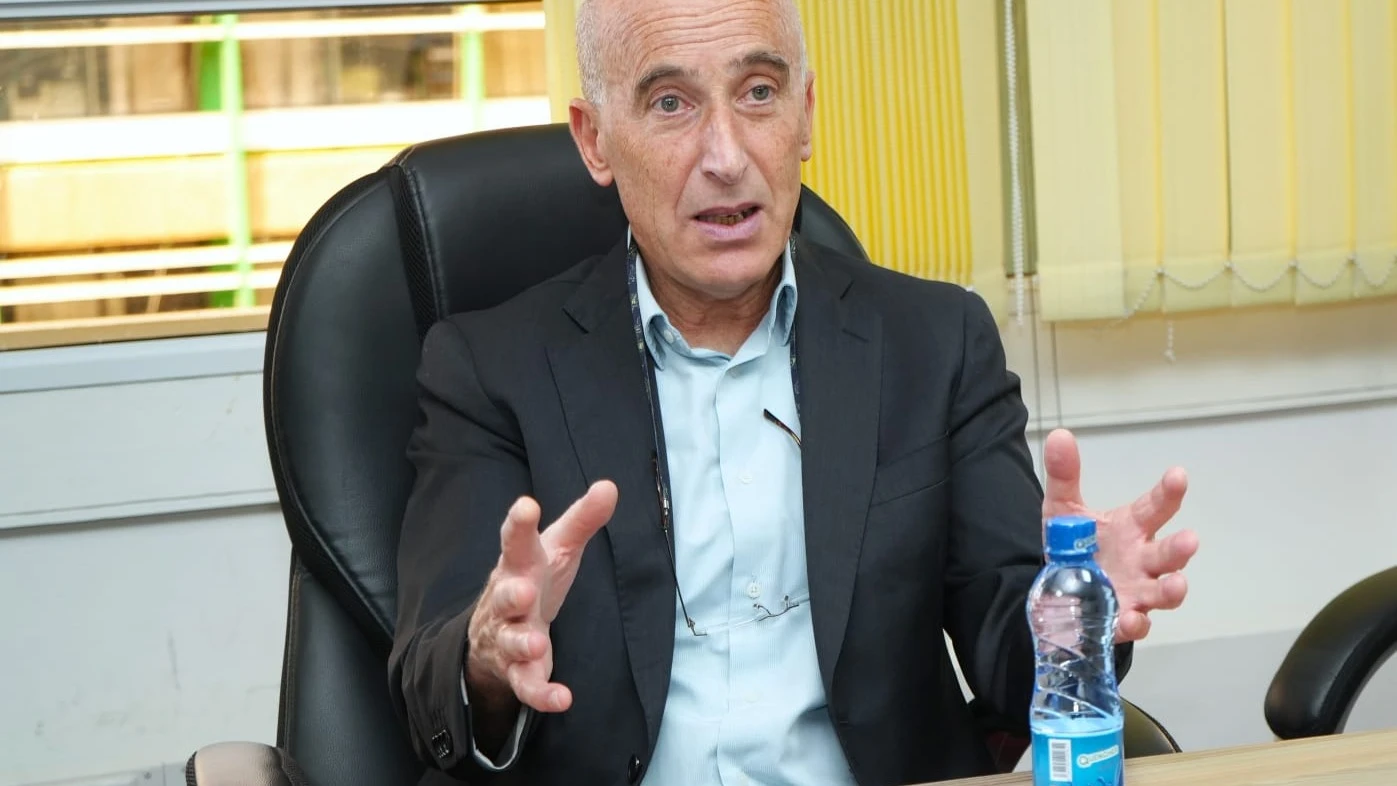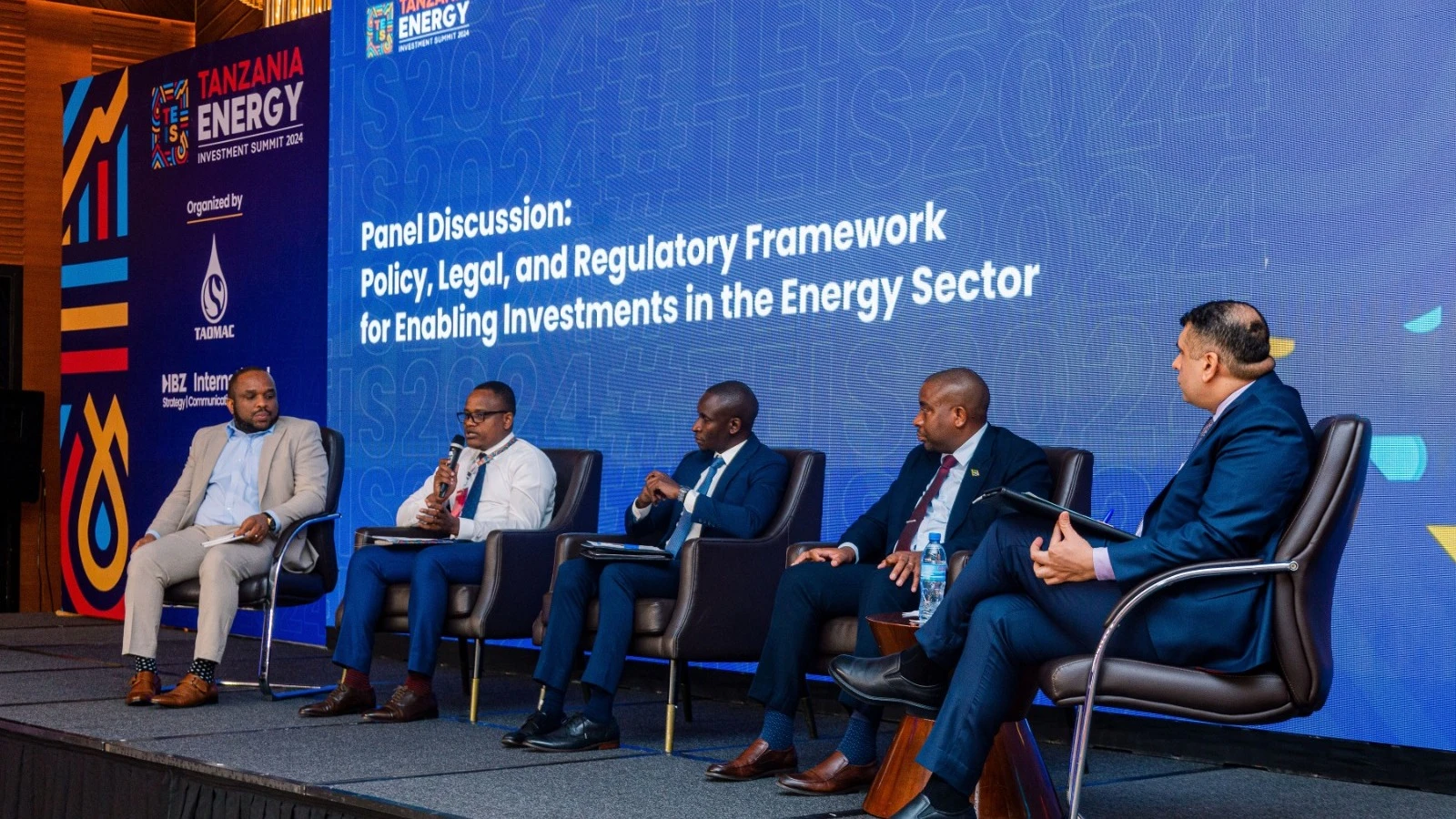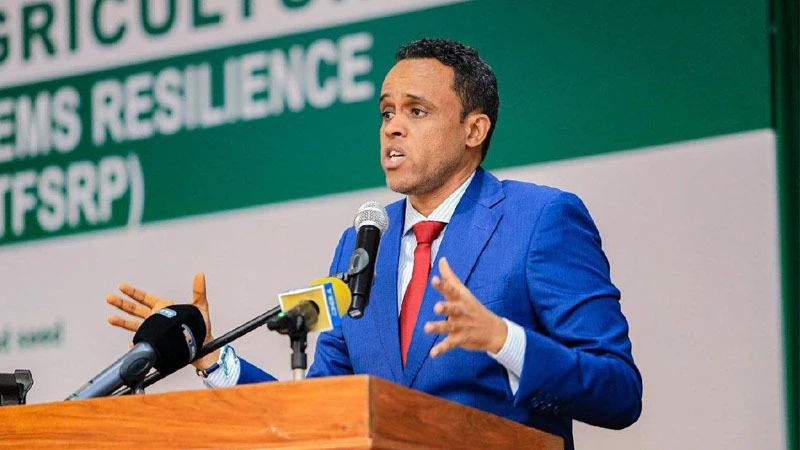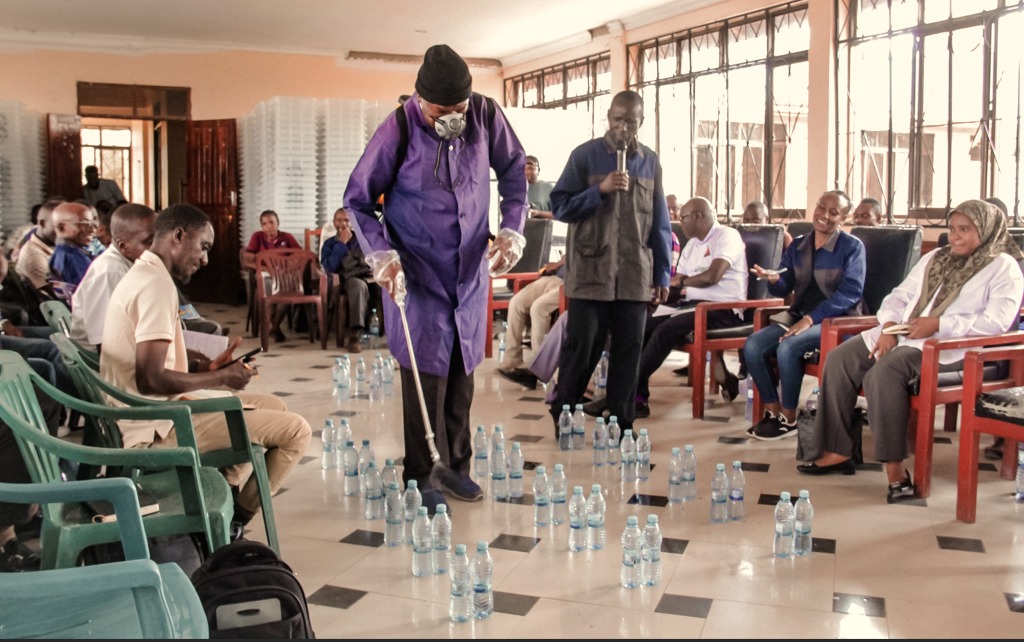Fertiliser production up by 87.3 pc within a year

THE national production of fertiliser has increased from 84,696 metric tons in 2022/23 to 158,628 metric tonness in 2023/24 equivalent to an increase of 87.3 percent, thanks to collaboration between the government and private sector.
Gerald Mweri, the Agriculture permanent secretary, made this remark at the launch the first fertilizer symposium here at the weekend, explaining the increase as tied with expansion of manufacturing facilities and new facilities for both blending and manufacturing.
The demand of fertilizer and fertilizer supplements has been inreasing, from 698,260 metric toes in 2021/22 to 848,884 metric tons in 2023/24, he said, underlining that the low capacity of local fertilizer production compels imorting up to 90 percent of supplies.
Fertilizer imports dependency poses various challenges including affordability to farmers and delayed distribution chuefly for basal dressing fertilizer needed during planting, he stated.
“To address these challenges, the government has initiated strategies to reduce over dependence on imported fertilizer,” he said, noting that this is part of long-term strategies to reduce over dependence on fertilizer importation.
The government is creating a conducive environment while seeking out stakeholders in fertilizer production using available raw materials like rock phosphate, coal and natural gas, he further noted..
Fertiliser sector development is vital for immediate and long-term economic and social development goals, he said at the two days’ forum bringing together various stakeholders in the fertilizer value chain.
They inluded policy makers, researchers, fertilizer dealers, regulators, internatioal development agencies, financial institutions, civic organisaion and farmers’o groups to deliberate on the development of the fertilizer sub-sector.
The symposium was expected to be a platform for sharing experiences on policy frameworks and best practices in the regulation of the fertilizer sub-sector, to sketch recommendations for enhanced agricultural productivity in the various regions, he asserted.
Joel Laurent, the Tanzania Fertilizer Regulatory Authority (TFRA) executive director, said despite the progress made, the sector faces some distinct challenges, like soil degradation, climate change, limited access to fertilizer financing and vulnerability to fertilizer global market shocks.
“However, these challenges also present us with opportunities to innovate and collaborate,” he said, affirming that “by addressing these issues head-on, we can unlock the full potential of the fertilizer subsector and agricultural sector in general.”
Fertilizers are a cornerstone of agricultural productivity as they enhance soil fertility, increase crop yields and contribute to the overall economic well-being of farming communities, he said.
In Tanzania, where agriculture is the main economic activity, effective use of fertilizers is crucial for sustainable economic growth and food security, he said, as TFRA organized the symposium on World Fertilizer Day with the theme that ;agriculture is fertiliser.’.
Top Headlines
© 2024 IPPMEDIA.COM. ALL RIGHTS RESERVED






















